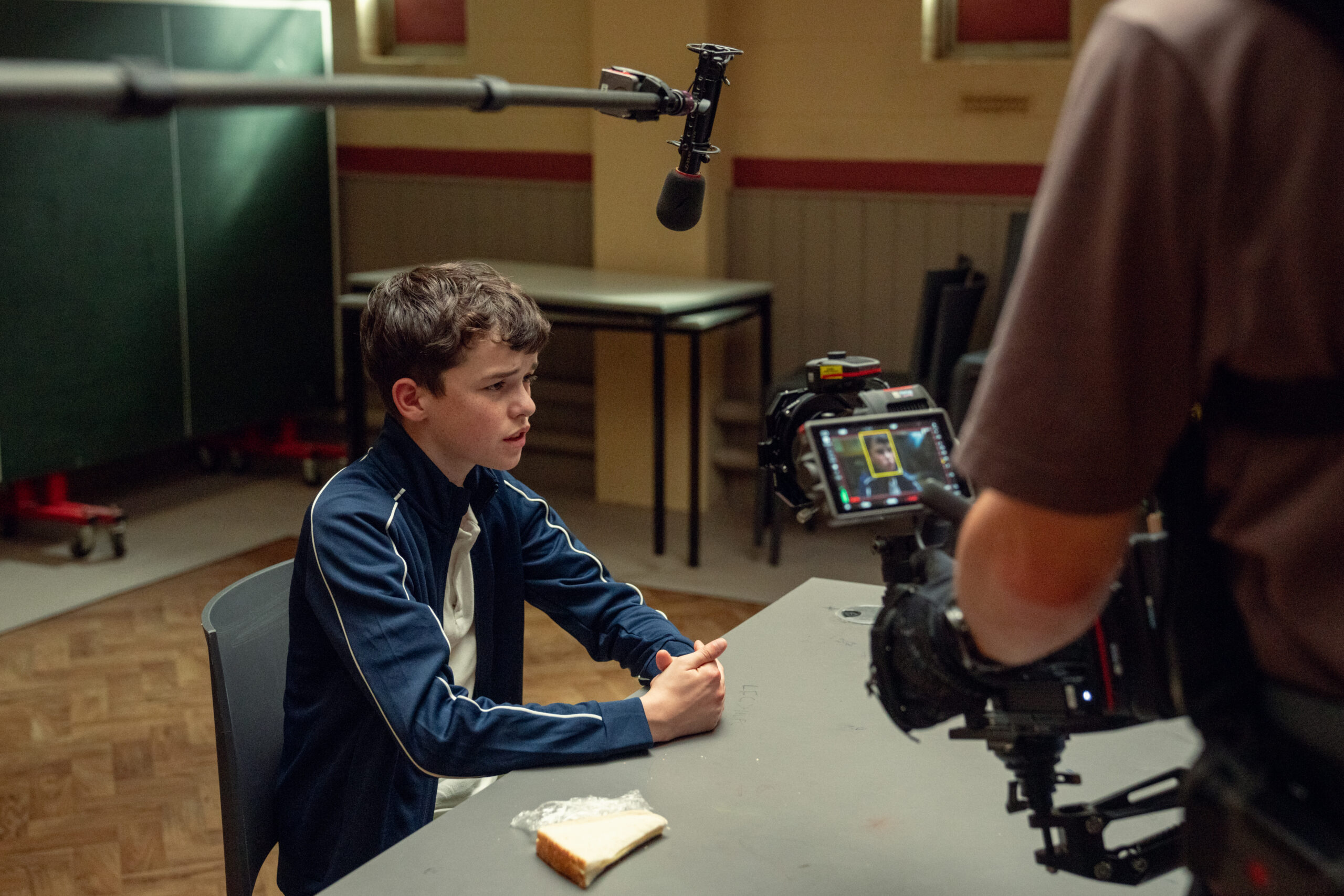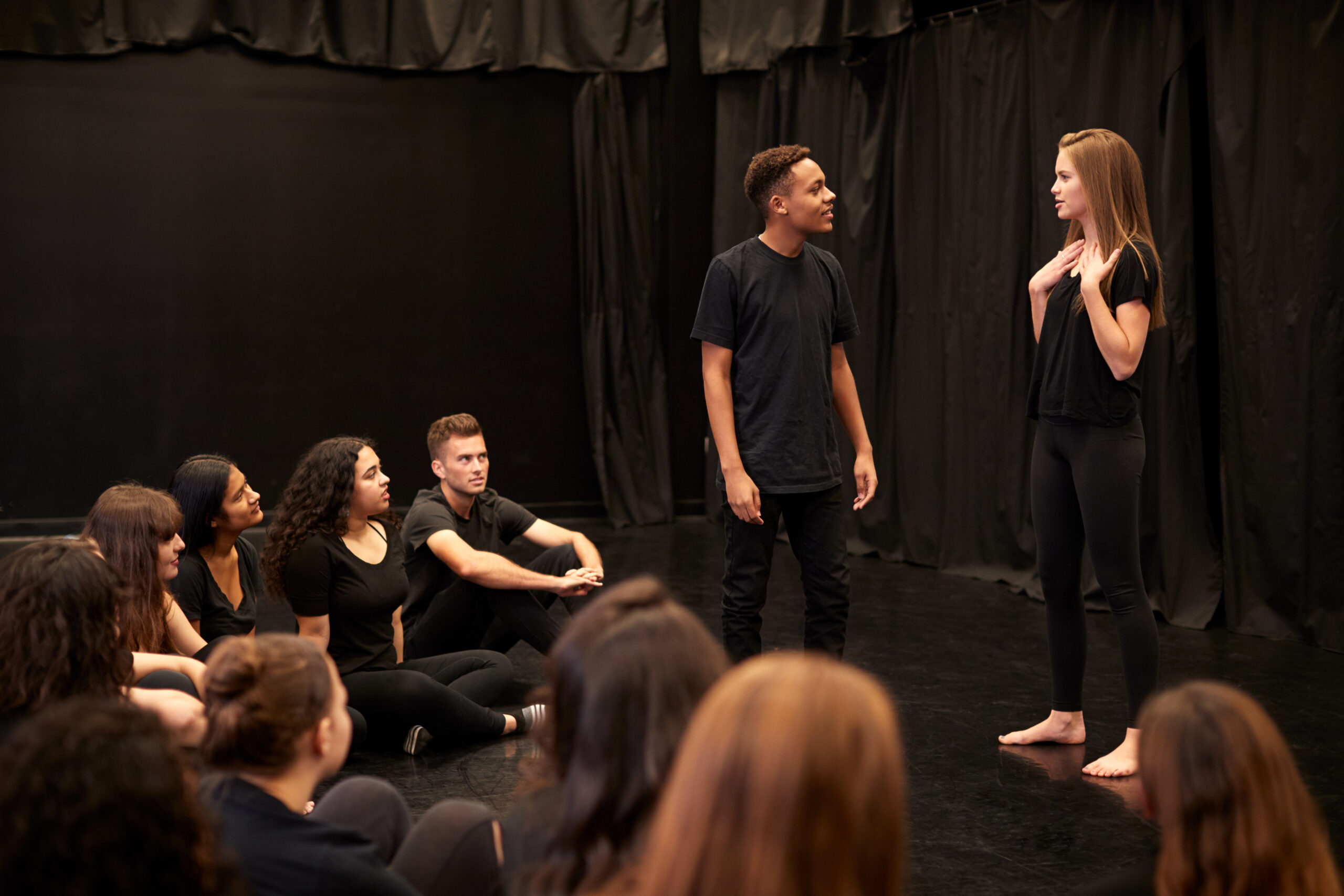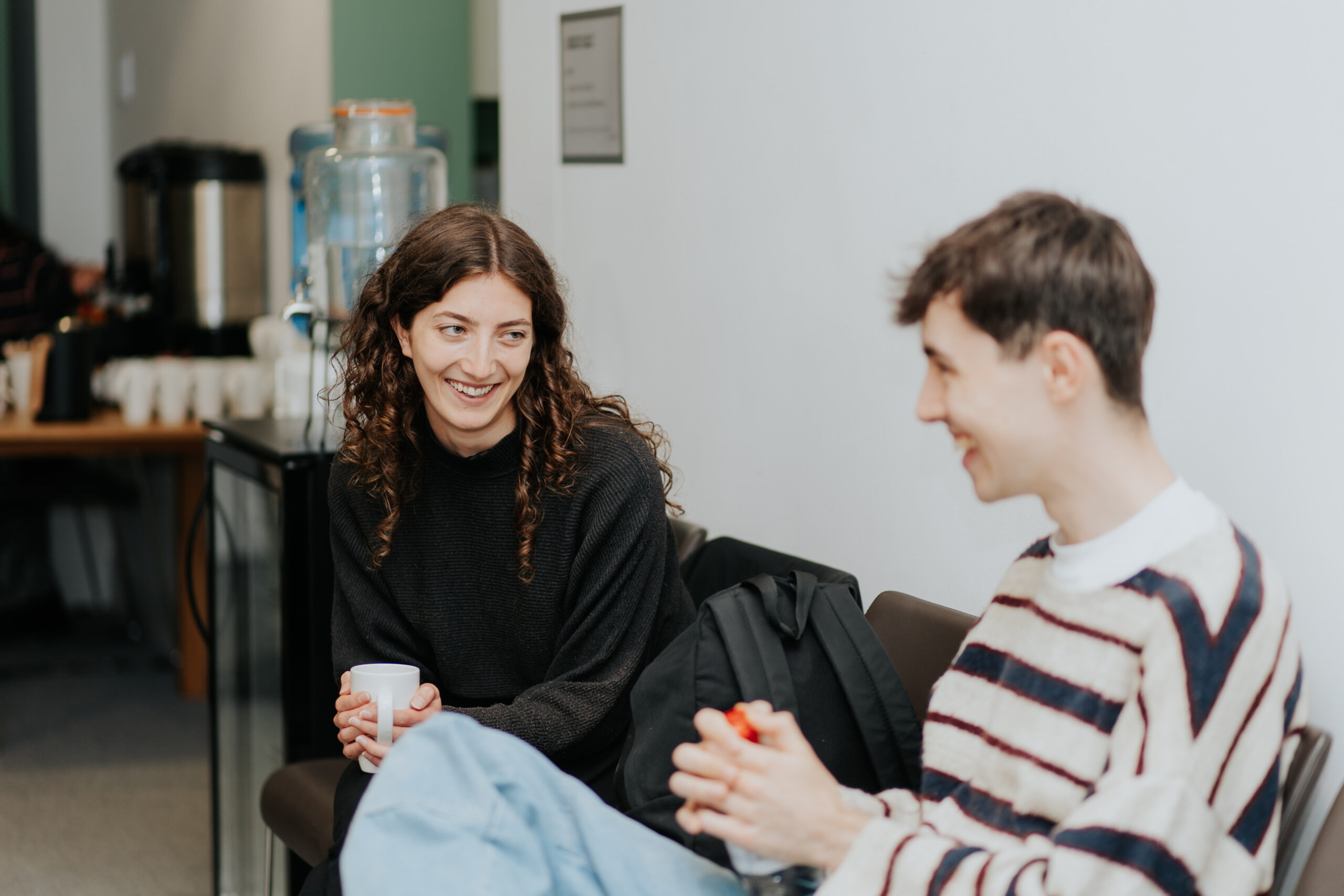The Spotlight Prize 2024 winners and finalists share why they went to drama school and how you can tell whether this is the right path for you.
It’s no longer the case that you need to have gone to drama school to have a successful acting career. Drama school can equip you with useful and essential skills through conservatoire training – which will definitely help – but actors also have the option to do more theoretical drama courses at university, part-time training, or drama classes and workshops that focus on specific skills.
With so many paths to choose from, how can an actor know if drama school is right for them? This is a question our Spotlight Prize 2024 winners and finalists once faced. The choice they made led to them being nominated by their drama schools and universities for the Spotlight Prize.
We asked the winners and finalists why they decided to go to drama school or university. Here’s what they shared:
To Become a Professional Actor
As said, drama school isn’t essential, but it is an excellent way to find and develop yourself as an actor and has a proven track record of success. Dame Judi Dench, Ralph Fiennes, Ncuti Gatwa, Ewan McGregor, Olivia Colman and countless other well-known performers all went to drama school.
For some of our Spotlight Prize finalists, drama school was an obvious choice for the progression of their acting career. For others, it was a way to gain an introduction to the performing arts industry. Whatever the reason, the following finalists chose to go to drama school so that they could become professional actors:
Penny Morris: “I always wanted to be an actress. There’s a lot of people who are 26 and they’re in their office job and they’re really not enjoying it. I wanted to try at my dream, and an avenue that I could access that through was by going to drama school. So I decided to go. And I got in, thank God.”
Alyssa Thabisile Sibanda (Stage Prize winner): “Once I knew that acting was an actual career that I could pursue, I was like, “Alright, I want to train.” Then I went and did some training with the National Youth Theatre. So I think it was that that cemented that I wanted to pursue training and go to drama school.”
Trudy Akobeng: “To be honest, I just always wanted to be an actor. I didn’t really know what avenue to get there. I just used it as an opportunity to get into the industry. Whereas, because I didn’t do acting before, I didn’t really have an avenue to get in.”
Bethany Wooding: “I just wanted to go to drama school for it not to be a fluke – what I was doing. I was already doing acting and stuff, but I didn’t know what I was doing or how to improve and stuff.”
Alyson Handley: “I’d always wanted to go train. And I think having three years of solid training behind you before entering into the industry was the perfect way for me.”
Zannie Benfield: “I think it’s always something that’s been on my mind. I just wanted to improve, learn more, and get the technique that I needed to be a better actor.”
Alfanso May: “I feel like it was the right path for me because it was more internal. My teachers were very supportive when I was in school, and they pushed me to carry on a career in acting. I decided that I was going to apply for drama school and they were really supportive.”
Whatever Makes You Happy
There doesn’t always have to be rhyme and reason to the choices we make. Sometimes, we choose things simply because they make us happy or it feels like the right thing to do. This is what swayed our next finalists:
Niamh-Ella McCann: “Acting and dancing and being on stage has always been the thing that’s brought me the most joy. It’s my happy place, my safe space. And drama school was a great opportunity to be in my happy place for four years straight.”
Georgi Arthur: “It just felt like the natural thing to do. I felt like I wanted to do something practical and I wanted to do something that was really going to push me.”
Be Among Like-Minded Creatives
Acting is a collaborative profession, so knowing lots of other performers is only ever going to be a good thing. When you go to drama school, you’ll be surrounded by people just like you who are hoping to hone their craft and meet friends that share their passions and ambitions. You’ll meet friends you can create short films with, friends who will help you record your self-tapes and showreels, and friends that will support you through the highs and lows throughout your career.
Katie Shelley: “For me, there was actually no other option. It was always going to be [drama school]. I couldn’t do anything else. That is what I was going to do. And I came from a very small town and I needed to be around people that were like-minded who wanted to broaden their horizons like I did. That was the way to do it and I stand by it.”
Jessica Oppong: “When I first went for my audition, I was surrounded by a lot of people that were like-minded. I felt really comfortable with a bunch of creatives, and I felt really inspired in the building. So it was nice to be in an environment that is so separate from big institutions and nine-to-five work and be in a space where you could be quite free to be creative. And I think that led me to drama school quite easily because I was like, ‘I can be myself here.’”
Scott Bowden: “I was at college doing acting, so I just knew that I wanted to go straight in and I had a mate that also went to drama school and he was telling me all about it and I was like, ‘Yeah, I want to live that.’ And I also wanted to put myself around people that were doing the same thing as me because I’ve never done that, apart from college, but I’d never been around so many people who, well, are actors.”
Adam Hashmi: “I had spoken to someone who’s an actor around 10 years ago and I’d said, ‘What should I do? Should I go to a performing arts school instead of A levels?’ And then he said, ‘No, do your A levels, go to uni, but go somewhere where there’s a really good drama scene.’ So, in my undergrad, I went somewhere. I went to Bristol, so there was a lot of good theatre going on in drama societies and stuff like that. And post-grad was just always the plan, really.”
A Creative Environment
A typical university degree can take three years to complete, and for some, the idea of spending that time in an academic institution can be off-putting. They seek a more creative and nurturing environment while discovering what they’re truly passionate about and what career they want to pursue. Drama school provided that for these finalists:
Emma Symmonds: “I was always really fascinated with craft as opposed to the big glamour of it. I really wanted to know how everything worked. I really wanted to be in a nice environment where they allow you to make loads of mistakes, but also, you’re in a really safe environment to learn from and fail in.”
Gabrielle K. Appiah: “If I’m honest, I’d never really been the type of person who did well in straight academic things. So, uni didn’t feel right, and I wanted to continue somewhere I could be creative. And if I’m honest, I don’t know if I entirely knew what I was getting into, but I was very pleasantly surprised when I did arrive and I was there. It felt like the next progression for me.”
Senam Akpokavi (Screen Prize winner): “I feel like I’ve always been very creative from a young [age], and I lean towards acting and drawing and stuff, and I just find a home and a love for it. So I feel like it was chasing that career and that dream.”
Jaden Asha Evelyn: “The drama school that I went to, they had a drama school for a day, so I got to have a taste of what it could be like. And I just knew that that’s where I needed to be. I was like, “Okay, actually, drama school is for me.’”
It’s Never Too Late to Go to Drama School
You’re never too old to go to drama school, and it’s never too late to change the career path you’re on. Our last few finalists were all studying other subjects before realising acting was their true calling. Their brave gamble to change to acting certainly paid off, as they wouldn’t have been Spotlight Prize finalists otherwise!
Dúa Róberts: “I always did theatre as a kid just for fun. And then I was going into the science route and I applied to wildlife biology and astrophysics, and I got into all that and didn’t feel right. So it was something in me, I was like, ‘I haven’t gone for plan A.’ So then that’s when I applied for drama school and got in and here I am.”
Tsen Day-Beaver: “I started off doing art. Both my parents are artists and I went on to do a performance art course and then decided that wasn’t right for me. So yeah, I reapplied to do acting and found that it was the best thing for me.”
Callum Alexander-Smith: “I actually trained as an architect first for five years in Glasgow at the School of Art. I did it alongside that at university and I did it as a crash hire in Scotland as one of my final year subjects. And then it was just something that I knew I had to find out more about. And I’m so glad I did because I feel it fleshes you out more as a person. I think I’ve learned so much more about myself and who I am and the type of work I want to make, and all these things, and trying to be more authentically yourself, I think drama school just helps bring all that out.”
Lastly, if you go to a drama school or university that meets our criteria, you’ll be eligible for our discounted Graduate membership on Spotlight when you’re in your final year of study.
A massive thanks to our Spotlight Prize 2024 winners and finalists for sharing their experiences!
Take a look at our News & Advice section for more video interviews and drama school tips and advice, including:



















